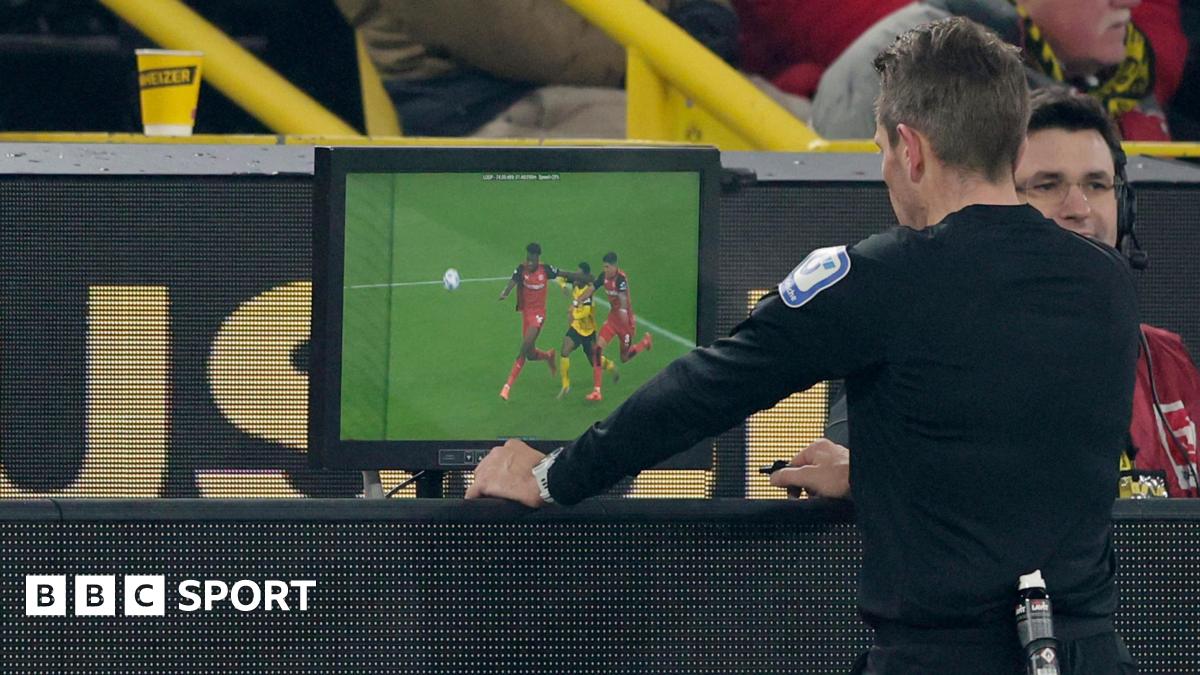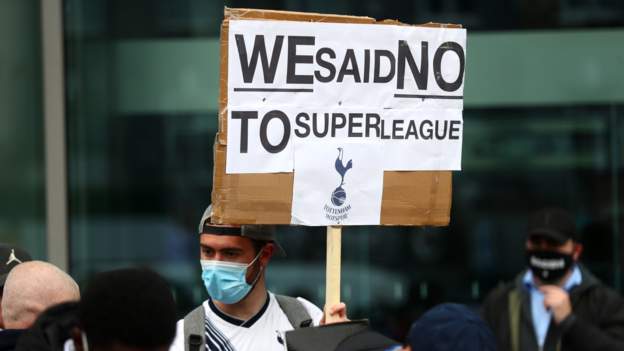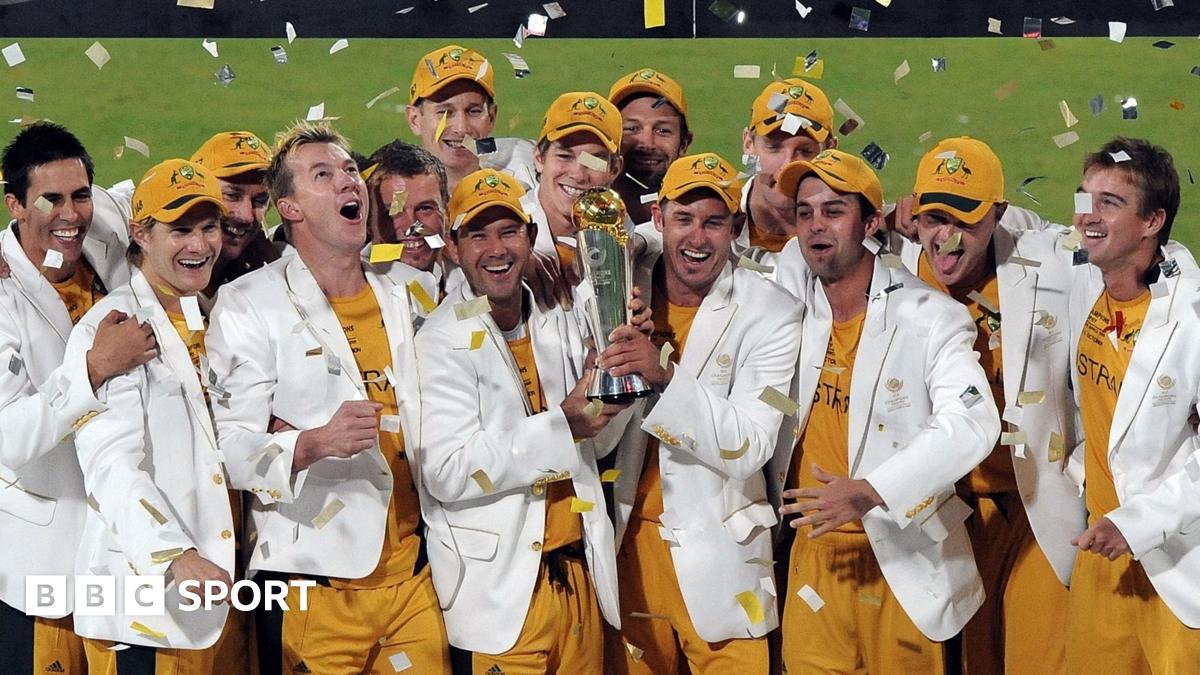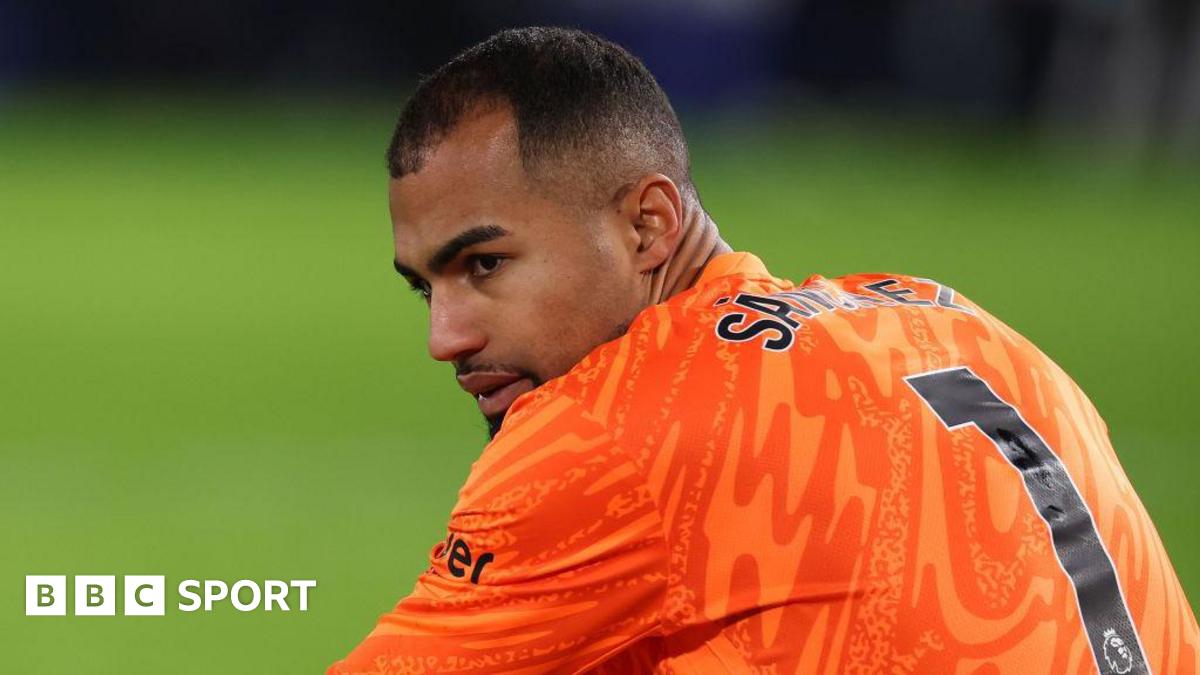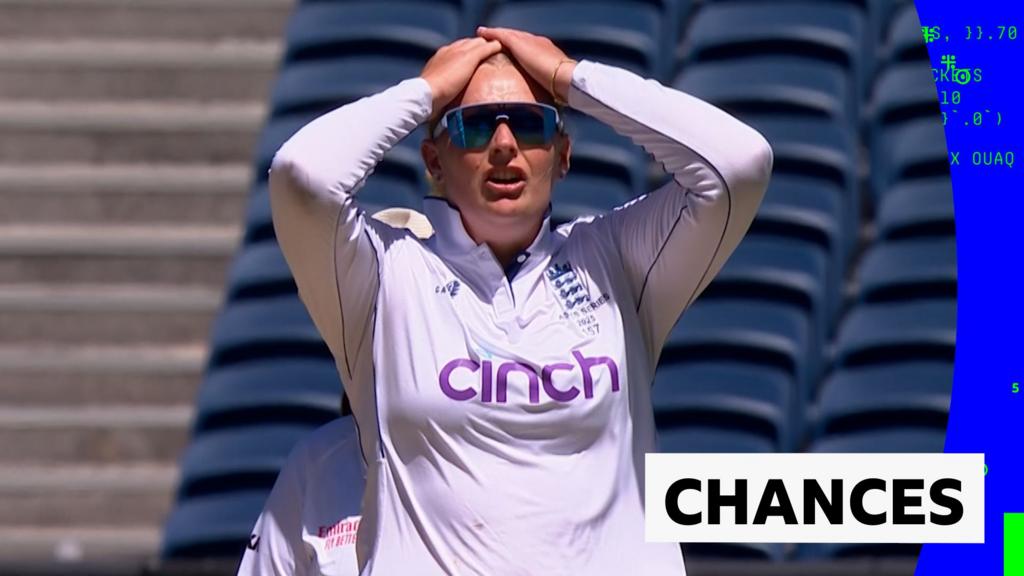Revamped plans for a controversial European Super League have been announced after a top court ruled that banning clubs from joining a breakaway league was unlawful.
The proposal is for a league system which would include 64 men’s clubs and 32 women’s clubs.
The plans for a new ESL format would rival current Uefa tournaments.
Following the announcement, Manchester United said in a statement they remain “fully committed” to Uefa competitions.
United were one of the founding clubs of the original ESL but backed out following widespread condemnation of the plans.
The club said their position has “not changed” and they remain dedicated to “positive cooperation with Uefa, the Premier League, and fellow clubs through the ECA [European Clubs Association] on the continued development of the European game.”
A case was brought by the ESL and its backers claiming Uefa and Fifa were breaking competition law by threatening to sanction those who joined the breakaway league.
On Thursday the European Court of Justice found against the governing bodies but said that did not mean a breakaway league would “necessarily be approved”.
But the ruling has opened the door for new proposals to be put forward and for clubs to look to organise and manage European football competitions.
Put forward by A22 – backers of the original ESL – the new proposal outlines an annual promotion and relegation system with no permanent members.
Fans would also be able to watch live matches for free on a new digital streaming platform.
No clubs or prize money have been announced but in a statement the ECA said: “To be absolutely clear, the judgment in no way whatsoever supports or endorses any form of Super League project.
“Football is a social contract not a legal contract – all the recognised stakeholders of European and world football – spanning confederations, federations, clubs, leagues, players and fans – stand more united than ever against the attempts by a few individuals pursing personal agendas to undermine the very foundations and basic principles of European football.”
Following the ECJ’s ruling, the Football Supporters Association said: “There is no place for an ill-conceived breakaway super league.
“Supporters, players and clubs have already made clear they don’t want a stitched-up competition – we all want to see the trigger pulled on the walking dead monstrosity that is the European Zombie League.
“While the corpse might continue to twitch in the European courts, no English side will be joining.
“Success must be earned on the pitch, not stitched-up in boardrooms.”
The ESL saga began in April 2021 when news broke that 12 teams – including English teams Arsenal, Chelsea, Liverpool, Manchester City, Manchester United and Tottenham – had signed up to the breakaway competition.
There was widespread fury and condemnation from fans, European domestic leagues and even government, leading to the collapse of the plans within 72 hours.
Revamped European Super League format – how would new competition work?
The proposal from A22 says the new competition would include the continent’s top clubs in men’s and women’s football.
In the men’s competition, the top tiers – the Star League and the Gold League – would each consist of 16 teams while the Blue League, the bottom tier, would consist of 32 clubs with promotion and relegation between each tier.
The teams that finish in the top eight of each league go into the knockout stages, with quarter-finals and semi-finals played over two legs and the finals held at neutral venues.
The bottom 20 teams in the Blue league would be relegated from the competition entirely and replaced by the top-performing clubs from European domestic leagues.
The two teams that make the final of the Gold and Blue leagues would be promoted up a tier, while the two teams that finish bottom of the Star and Gold leagues would be relegated down a tier.
Matches would be played in midweek, allowing the new competition to be run in tandem with European domestic leagues.
The proposed women’s competition would be run on a similar model.
“Our position has not changed. We remain fully committed to participation in UEFA competitions, and to positive cooperation with UEFA, the Premier League, and fellow clubs through the ECA on the continued development of the European game.”
Who would be interested in a breakaway league?
The collapse of the original ESL came when nine of the 12 clubs who signed up to the project stepped back in 2021 with Juventus also withdrawing their interest earlier this year.
Spanish clubs Real Madrid and Barcelona have stuck to the general principles of having a new European competition and after plans for a revamped ESL were announced Barca president Joan Laporta said “the time has come for clubs to have greater control over their destiny”.
In a video posted on social media, he said: “With an improved European competition and more resources from the clubs, the national leagues will become more balanced and competitive.
“We believe that an historic opportunity is now open to try to show some of the serious problems that currently jeopardise the future viability of the vast majority of clubs.
“Barcelona will try to promote methods to improve current European competitions in an open and fully meritocratic format, making football more sustainable for the club, much more supportive of amateur football, more attractive and affordable for fans around the world. This proposal aims to improve football as a whole.”
Real Madrid president Florentino Perez also declared it a “great day for the history of football”.
However, aside from the two Spanish giants, other European clubs and leagues have joined Manchester United in opposing the ESL.
Bayern Munich expressed their support for European competition under Uefa and said “the door for the Super League at FC Bayern remains closed”.
The German Football League, which is in charge of the Bundesliga, said it “explicitly supports the European sports model and rejects competitions outside those competitions organised by the federations and the leagues”.
France’s Ligue de Football Professionnel said it “unequivocally supports” competitions organised by Uefa.
All advantage lies with Uefa
Analysis from Miguel Delaney – chief football writer at The Independent
All anybody really cares about is can a European Super League be launched?
And what this judgement does is say it is still immensely complicated.
All advantage lies with Uefa and crucially the Super League would still have to get authorisation from Uefa.
What today’s ruling does is it basically preserves the power of the governing bodies. It makes it clear that legally sporting merit needs to be protected.








